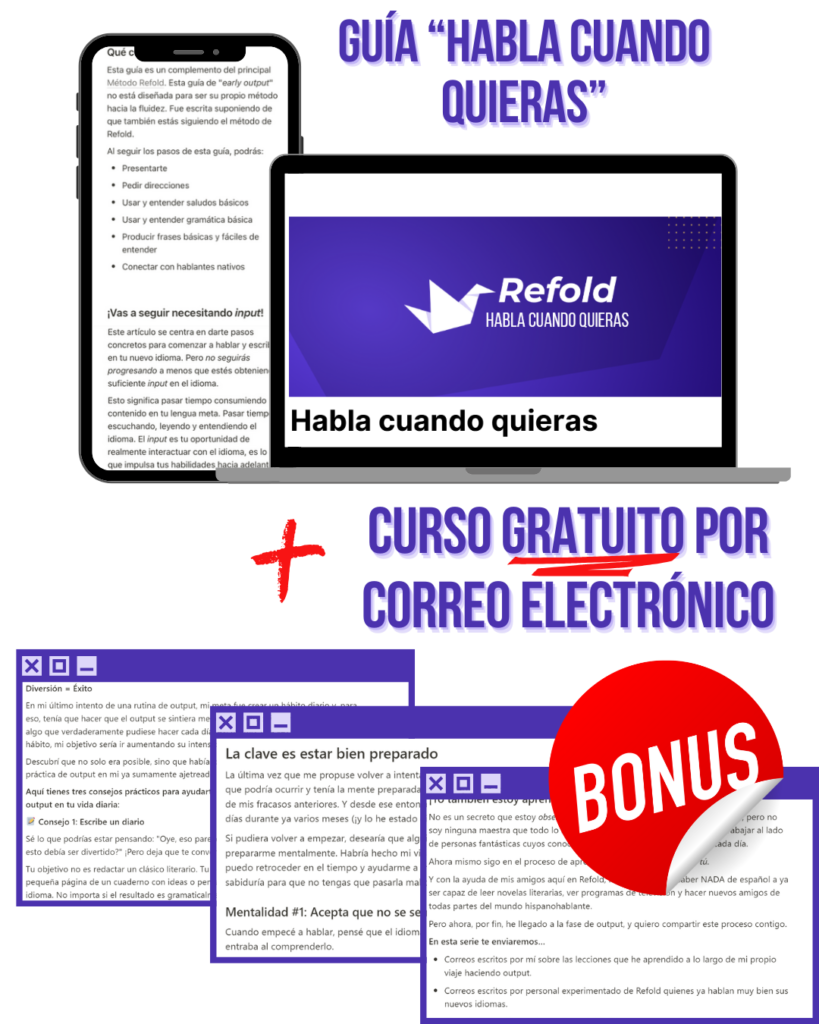You know more Korean words than you think you do

Everyone is aware that Korean is a pretty distant language to English. After all, the two languages developed for hundreds of years on practically opposite sides of Eurasia. So, it may surprise you to find out just how many words in Korean you already know.
Introducing “Konglish”—or Korean English. English is the world language. Even if people say they don’t know any English, everyone knows some of it. English is the language of the internet and Hollywood.
As a result, English has seeped in to the world’s languages. The new vocabulary isn’t just English anymore, it’s adapted, made easier to say in foreign mouths, changed to suit the local palate, a fusion cuisine, like a bibimbap burrito in California.

With this guide, it’s important to recognize that although many words are loaned into Korean, the pronunciation and meaning are often slightly different and more restricted in “Konglish” (English words used in Korean). The purpose of this guide is just to prime you to start noticing these patterns in Korean media. Remember, the goal is familiarization not memorization—there is no need to memorize this entire list.
Continue reading to learn how Koreans have adapted English into their language and made it their own!
English to Korean Sound Changes
The first set of English words in Korean that we’ll be introducing to you, are ones that are set apart by mere sound changes. Just like an American may heavily nativize his French words when trying to sound haute couture, a Korean will Koreanize the sounds in English that hard for them to make.
/f/ (English) ↔ /p^h/ <ㅍ> (Korean)
Korean famously doesn’t have an /f/ sound as in “father”. That doesn’t stop Koreans from borrowing English words that start with “f”, though. Instead, they have various tactics for Koreanizing the /f/ sound. The first is to turn it into a /p^h/ sound, or in plain English, the sound of “p” in “Peter piper picked a peck of pickled peppers.” Here are some examples:
| English | Korean | Romanized Korean |
|---|---|---|
| office | 오피스 | opiseu |
| self | 셀프 | selpeu |
| fighting | 파이팅 | paiting |
| ferry | 페리 | peli |
| festival | 페스티벌 | peseutibeol |
| buffet | 뷔페 | bwipe |
/f/ (English) ↔ /h/ <ㅎ> (Korean)
Now, you’ll notice we did mention that Korean has various tactics for Koreanizing that pesky letter “f”. The letter “f” is sometimes borrowed into Korean as the /h/ sound, like in the names Harold and Howard.
| English | Korean | Romanized Korean |
|---|---|---|
| foil | 호일 | hoil |
| fighting | 화이팅 | hwaiting |
| frying pan | 후라이팬 | hulaipaen |
/z/ (English) ↔ /d͡ʑ/ <ㅈ>, <ㅊ> or <ㅉ> (Korean)
Korean doesn’t have a “z” sound like in the word “buzz”. Konglish uses something approaching the “j” sound like in the word “judge” to compensate for this.
| English | Korean | Romanized Korean |
|---|---|---|
| cheese | 치즈 | chijeu |
| pizza | 피자 | pija |
| jazz | 재즈 | jaejeu |
| zero | 제로 | jelo |
| zipper | 지퍼 | jipeo |
/v/ (English) ↔ /p/ < ㅂ >(Korean)
This sound change is a bit less obvious to English speakers. Since Korean doesn’t have the /v/ sound like in “very” they replace it with something similar to a “b” sound. The sound is really a /p/ sound like in the word “spike”, but a “b” sound is probably closer to what your ears will hear it as.
| English | Korean | Romanized Korean |
|---|---|---|
| villa | 빌라 | billa |
| navigation | 내비게이션 | naebigeisyeon |
| drive | 드라이브 | deulaibeu |
| veranda | 베란다 | belanda |
/ɜ(r)/, /ʌ/, and /ə/ (English) ↔ /ʌ/ <ㅓ> (Korean)
These are three separate sounds that get merged to a single “eo” or “uh” sound in Korean. The “er” sound like in “nurse”, the “uh” sound like in English “cut” or “strut”, and the schwa or “reduced sound”.
| English | Korean | Romanized Korean |
|---|---|---|
| service | 서비스 ** | seobiseu |
| burger | 버거 | beogeo |
| terminal | 터미널 | teomineol |
| front | 프런트 | 프런트 |
| bus | 버스 | beoseu |
| sunglasses | 선글라스 | seongeullaseu |
| letter | 레터 | leteo |
| center | 센터 | senteo |
Korean words shorted from English words
Words in Konglish that are taken from English words and shortened and often recombined to create new words, such as “sel-ka” from “self-camera” meaning “selfie”.
| English | Korean | Romanized Korean | Definition |
|---|---|---|---|
| sel(f) + ca(mera) | 셀카 | selka | selfie |
| office + hotel | 오피스텔 | opiseutel | |
| multi-purpose building in Korea with both residential and commercial units | |||
| digital + camera | 디카 | dika | digital camera |
| (announce)ment | 멘트 | menteu | announcement |
| mu(sic)+vi(deo) | 뮤비 | myubi | music video |
Blends of Korean and English elements
Remember that bibimbap burrito we talked about earlier? This following batch of words is fusion words, made up of a Korean element and an English element. They come together to create hip new fusion words that are cooler than the sum of their parts.
| English Word | Korean Word | New Word | Romanized Korean | Definition |
|---|---|---|---|---|
| no | 재미 (fun) | 노잼 | nojaem | boring |
| chicken | 맥주 (beer) | 치맥 | chimaeg | fried chicken and beer |
| team | 장 (leader) | 팀장 | timjang | team leader |
| health | 장 (venue) | 헬스장 | helseujang | health club, gym |
| belt | 안전 (safety) | 안전벨트 | anjeonbelteu | seat belt |
| cutter | 칼 (knife) | 커터칼 | keoteokal | box cutter |
| tip | 꿀 (honey) | 꿀팁 | kkultib | hot tip (lit. honey tip) |
| gag | 아저씨 (uncle) | 아재 개그 | ajae gaegeu | dad joke (lit. uncle gag) |
| live | 방송 (broadcast) | 라방 | live stream |
English words with new meanings
Congratulations on making it this far! This is the final batch of Konglish words you’ll be learning. These are words that come from English, but have totally new meanings in Korean. The fancy pants term for this is “psuedo-anglicism” (you can read more about it on Wikipedia). These words are deceptive, because at first glance you may think they mean something totally different than how Koreans actually use them.
| English | Konglish | Romanized Konglish | New Meaning |
|---|---|---|---|
| self | 셀프 | selpeu | self service |
| pop song | 팝송 | pabsong | English language pop music |
| sense | 센스 | senseu | wit, tact |
| soul food | 소울 푸드 | soul pudeu | comfort food |
| service | 서비스 | seobiseu | free, on the house |
| over eat | 오바이트 | obaiteu | vomiting |
| villa | 빌라 | billa | a small condominium |
| ribbon | 리본 | libon | a bow |
| meeting | 미팅 | miting | a group blind date |
| handphone | 핸드폰 | haendeupon | a cellphone, a mobile phone |
| kickboard | 킥보드 | kigbodeu | a scooter |
| eye shopping | 아이 쇼핑 | ai syoping | window shopping |
| howling | 하울링 | haulling | an echo or feedback in a voice chat |
| man-to-man | 맨투맨 | maentumaen | a sweat shirt |
| knit | 니트 | niteu | a jumper, a sweater |
| multi-tap | 멀티탭 | meoltitaeb | an extension cord |
| consent | 콘센트 | konsenteu | an electrical outlet |
You’re a Konglish pro!
See, I told you that you already know more Korean than you thought you did! This guide was just a primer to jump start your Korean learning, but there are many more Konglish words out there. You are now armed with the tools to start recognizing English words in Korean and start understanding your favorite K-pop songs.
Like what you see?
Sign up now and we'll deliver even MORE amazing content like this right to your inbox!
- Receive our exclusive 6 SECRETS to language learning success email course.
- Stay motivated with weekly emails overflowing with helpful language-learning tips, tutorials, and more!
- Get behind the scenes access into the inner workings of Refold!








